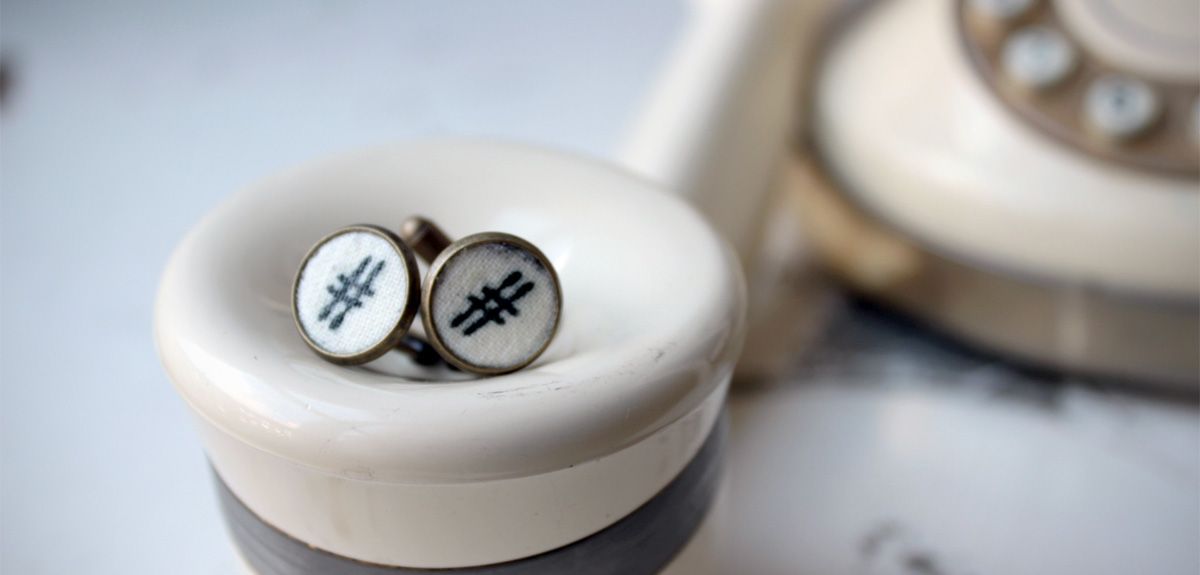
Roberta Cortese (Flickr)
Report reveals social media is influencing children's language use
Social media, the Ebola epidemic, and World War I are just some of the things that have influenced British children's creativity and use of language over the last year, according a report published today by Oxford University Press (OUP).
OUP's analysis of 120,000 short stories that children submitted to the BBC's 500 WORDS competition 2015 revealed a wealth of fascinating insights into the lives of British children and the imaginative ways in which they use English.
Hashtag – and the symbol used to represent it '#' – is unmistakeably the 'Children's Word of the Year', due to its significant shift in usage by children writing in this year's competition.
The symbol is entering children's vocabulary in a new way, as they have extended the use from a simple prefix or a search term on Twitter, to a device for adding a comment in their stories.
The rise of mobile technology and social media is the predominant theme for 2015. Of the top 20 words which have significantly increased in use during the past 12 months, over half are inspired by youngsters' understanding and use of social media – youtube, Zoella, snapchat, selfie, vlog, blog, Instagram, emoji, and Whatsapp.
Young authors also demonstrate a keen interest in the world around them. International current affairs, particularly the more harrowing situations, are reflected in their stories. Ukraine, Syria, Malaysia Airlines, and peacekeepers all feature. However, one global event dominates over all others – the Ebola crisis in countries such as Sierra Leone and Guinea.
Events to mark the centenary of World War I have clearly had a big impact on children. Many historical and contemporary stories hone in on specific events surrounding the Great War, such as the assassination of Archduke Franz Ferdinand and, for this year, the sinking of the Lusitania (1915).
500 WORDS is the BBC Radio 2 Breakfast Show's short story writing competition for children aged 13 and under. Children were invited to compose an original work of fiction, using no more than 500 words.
OUP's analysis of the submissions was powered by the Oxford Children's Corpus – a large electronic database of real and authentic children’s language – the only one of its kind in the world. It is used by lexicographers and linguists as part of OUP's on-going language research and dictionary compilation programme.
Vineeta Gupta, Head of Children's Dictionaries at Oxford University Press said: 'Language is constantly changing and adapting. Children are true innovators and are using the language of social media to produce some incredibly creative writing. What impresses me most is how children will blend, borrow, and invent words to powerful effect and so enrich their stories.'